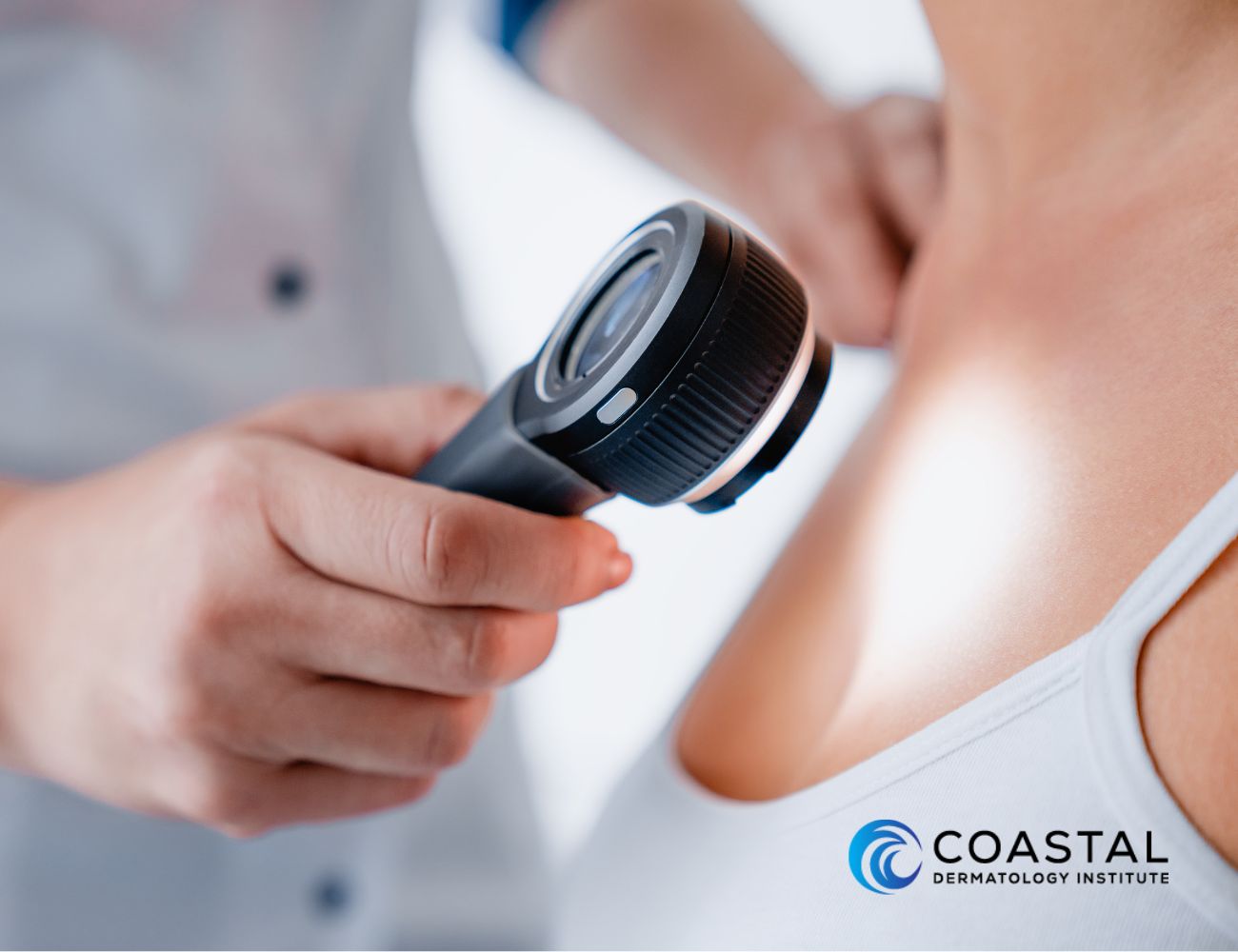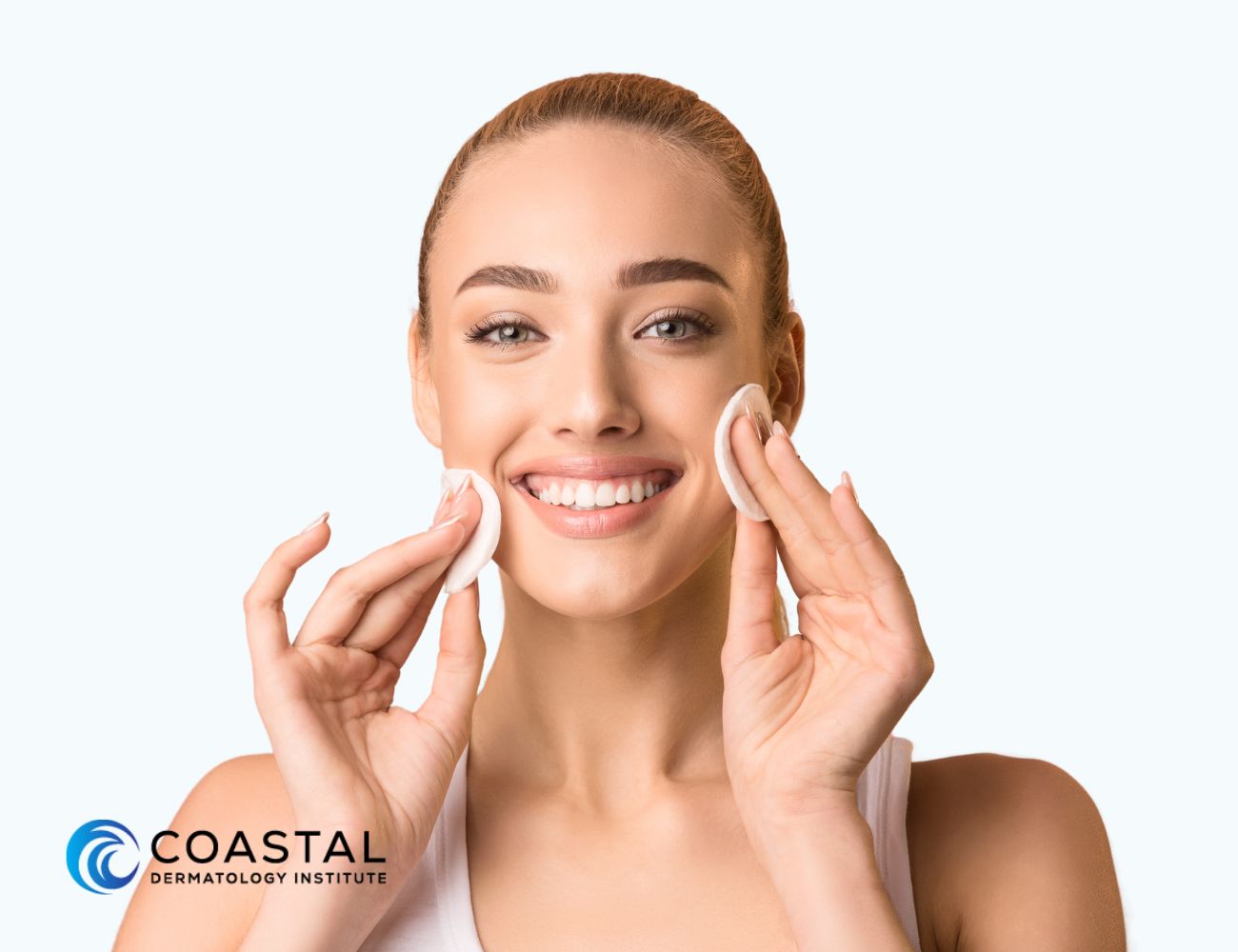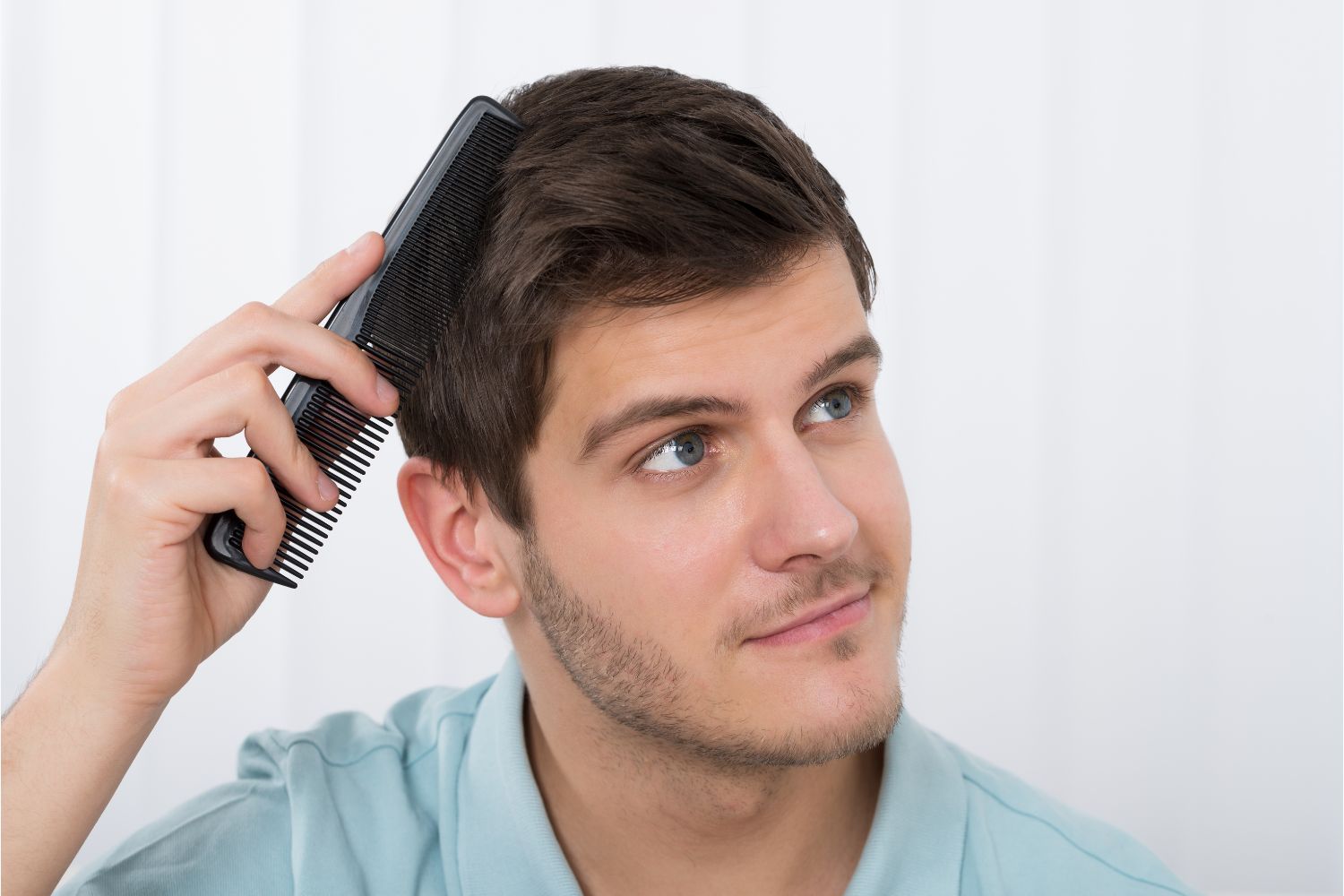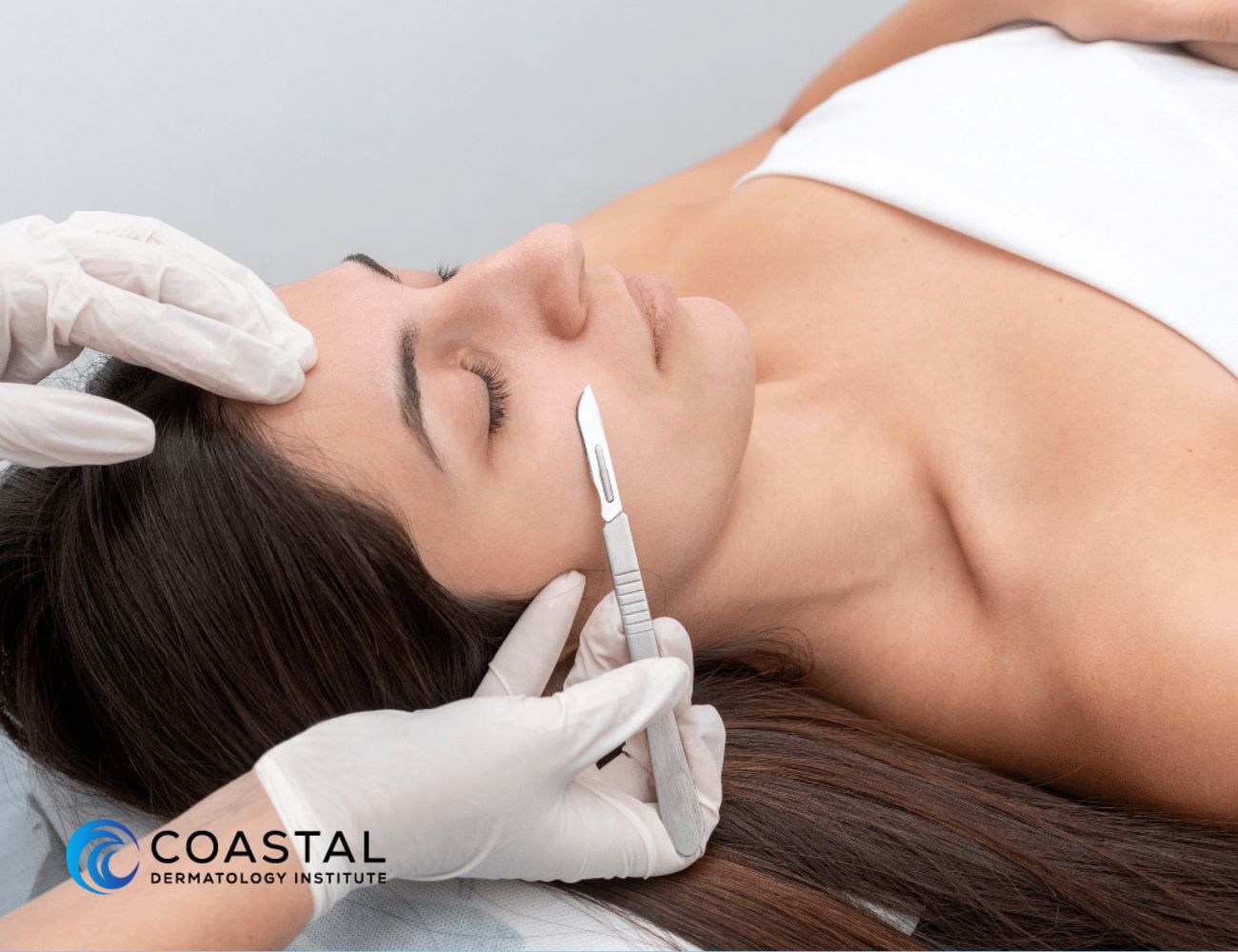In our fast-paced lives, it’s easy to overlook the importance of regular health check-ups. While many of us are diligent about annual physicals or dental exams, skin health often falls by the wayside. However, our skin is the largest organ of the body and plays a crucial role in protecting us from environmental hazards. One of the best ways to ensure your skin remains healthy is through a full body skin check.
Whether you’re a first-timer or it’s been a while since your last visit, understanding what a full body skin check entails and what you can expect during the appointment can help alleviate any anxieties. In this post, we’ll explore the importance of these checks, walk you through the process, and provide tips on how to prepare for your visit. Let’s dive into the essentials of maintaining your skin’s health and catching potential issues early on.
Table of Contents
What Is Full Body Skin Check?
A full body skin check is a comprehensive examination performed to assess the skin for any abnormalities, including skin cancer, unusual moles, and other conditions. This thorough inspection is conducted by dermatologists, who examine the skin from head to toe, including less visible areas like the scalp and between fingers and toes. Adults are generally advised to have a full body skin check annually; however, individuals with higher risk factors—such as a family history of skin cancer, frequent sunburns, fair skin, or numerous moles—may require more frequent evaluations.
Why Full Body Skin Checks Are Important?
Early Detection of Skin Cancer: Regular skin checks can identify skin cancer in its early stages, when it is most treatable. Detecting conditions like melanoma, basal cell carcinoma, and squamous cell carcinoma early can significantly improve treatment outcomes and survival rates.
Identification of Other Skin Conditions: Beyond skin cancer, a full body skin check can uncover other skin conditions such as eczema, psoriasis, and unusual growths. Early identification of these conditions can lead to better management and treatment, improving overall skin health.
Prevention and Early Intervention: Catching skin abnormalities early can prevent them from developing into more serious issues. Early intervention can halt the progression of certain conditions, reducing the need for more invasive treatments later on.
Comprehensive Health Assessment: The skin can reflect overall health, with signs of internal diseases sometimes manifesting on the skin. A full body skin check can serve as a comprehensive health assessment, potentially uncovering underlying health issues that need attention.
Tailored Skin Care Advice: Dermatologists can offer personalized skin care advice based on the findings of the skin check. This can include recommendations for sun protection, skincare products, and lifestyle adjustments to maintain healthy skin.
Peace of Mind: Regular skin checks can provide reassurance and peace of mind, knowing that any potential issues are being monitored by a professional. This can reduce anxiety and encourage proactive health management.
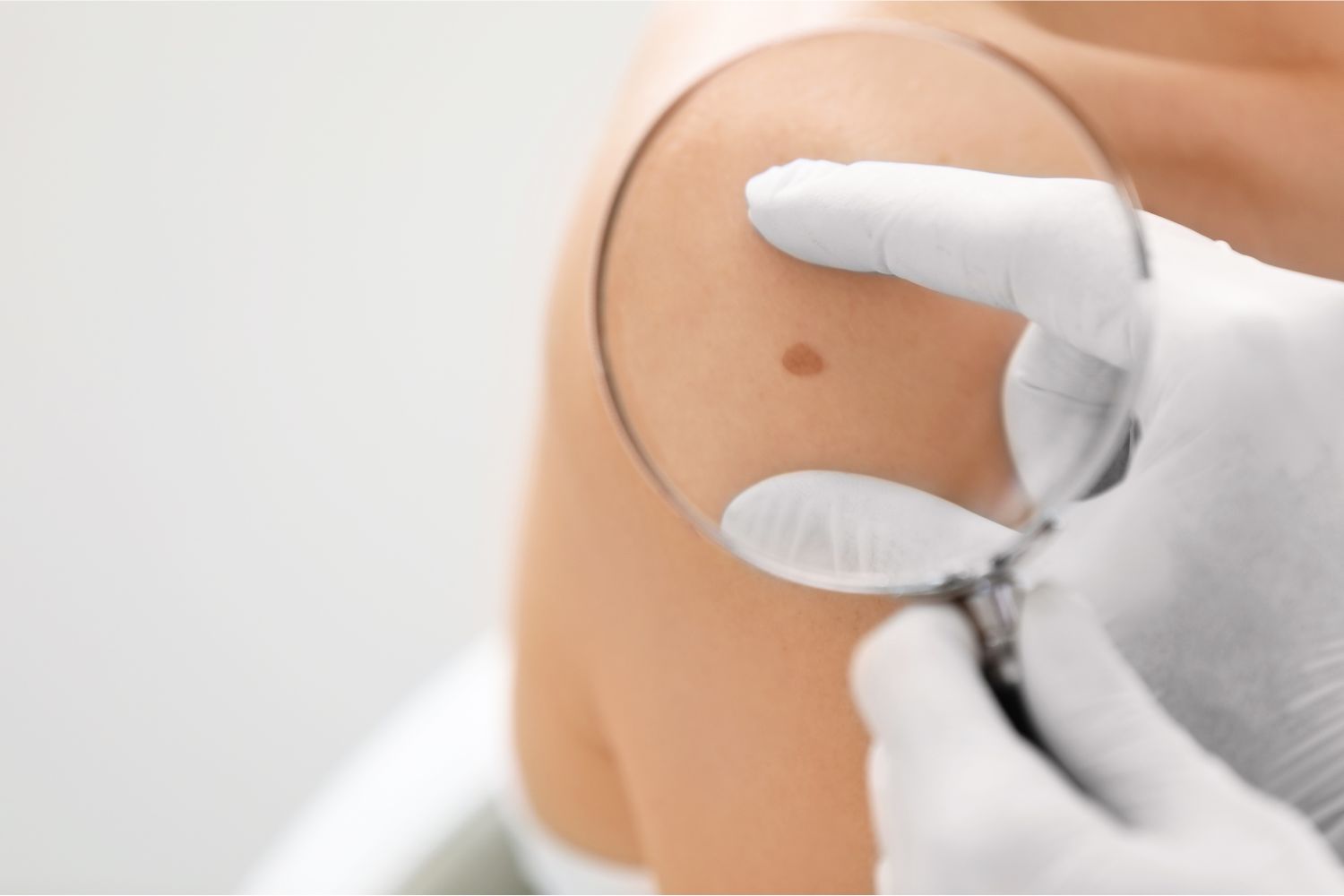
What to Expect During a Full Body Skin Check
Preparing for the appointment
During a full body skin check, preparation is key to ensure a thorough examination and accurate assessment of your skin health. Firstly, consider what to wear to your appointment. Opt for clothing that is easy to remove and allows the dermatologist access to all areas of your body, such as loose-fitting garments or a gown provided by the clinic. Additionally, it’s essential to remove makeup, nail polish, and jewelry before the examination. These can obscure the skin and hinder the dermatologist’s ability to detect any abnormalities.
The step-by-step process
During the appointment, expect the process to begin with an initial consultation and a review of your medical history. Your dermatologist will discuss any concerns or questions you may have and gather information about your skin health and any previous skin conditions. Following this, the physical examination will commence, during which the dermatologist will meticulously inspect your skin from head to toe. They will use tools such as a dermatoscope to examine moles and lesions more closely, checking for any signs of irregularity or concerning features. Every part of your body will be examined, including the scalp, face, torso, limbs, hands, feet, and nails, ensuring a comprehensive assessment of your skin health.
Duration of the check-up
The duration of the check-up may vary depending on factors such as the number of moles or lesions requiring examination, but typically lasts around 15 to 30 minutes.
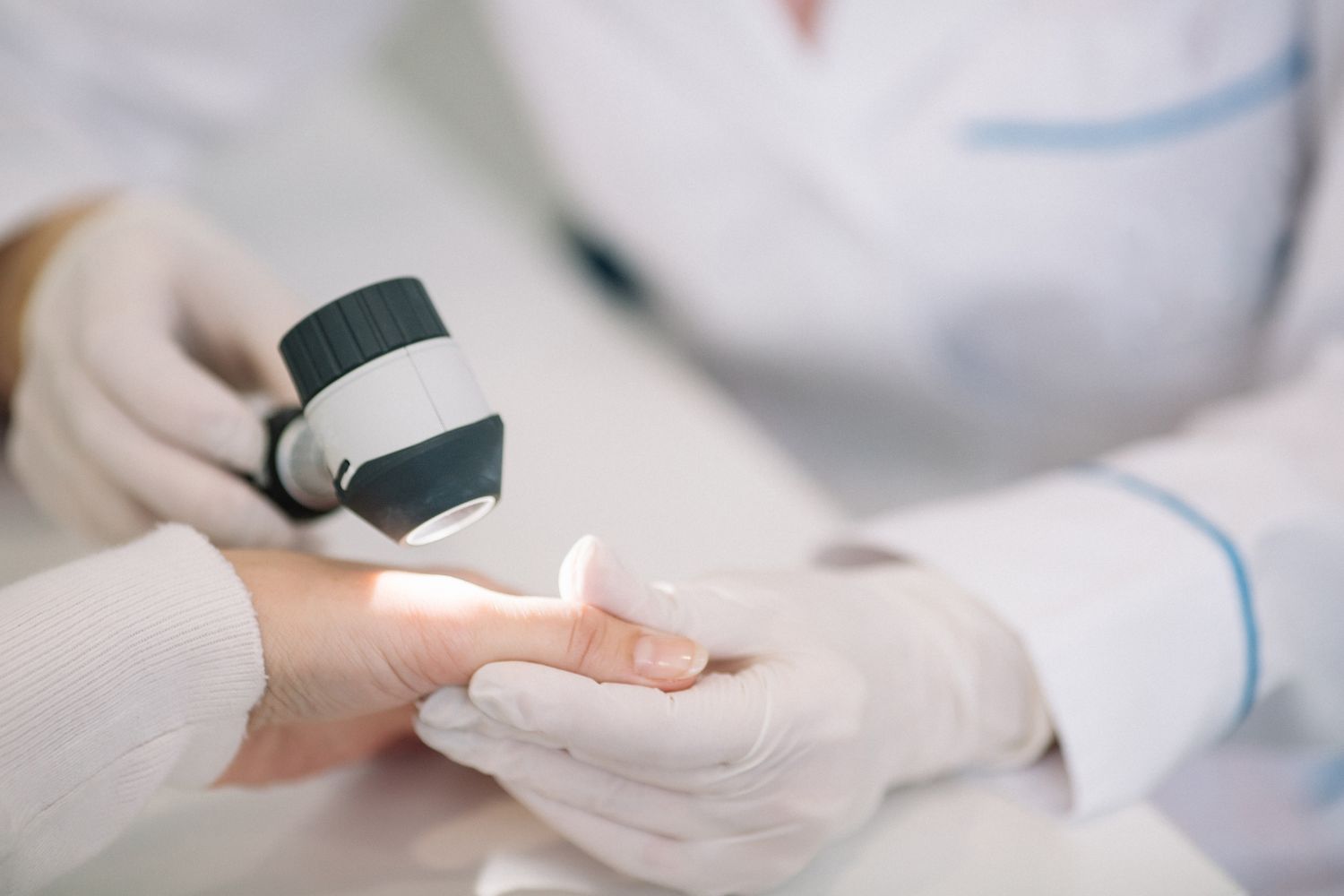
After the Skin Check
After the skin check, your dermatologist will discuss their findings with you. Common outcomes may include identifying benign moles, suspicious spots that require further monitoring or biopsy, or other skin conditions. Based on the findings, your dermatologist will recommend appropriate next steps, which may include further testing, treatment, or lifestyle adjustments. They will provide guidance on self-examination techniques and educate you on signs to watch for at home between appointments. Additionally, they may schedule follow-up appointments to monitor any changes or provide ongoing care, ensuring proactive management of your skin health.
At What Age Should One Begin Undergoing Full-Body Skin Exams?
Determining when to commence regular full-body skin exams hinges on individual risk factors. Typically, it’s advised to begin these checks between the ages of 20 to 30, though this can vary based on personal circumstances. Individuals with heightened risk factors such as a family history of skin cancer, fair complexion, or significant sun exposure should initiate screenings earlier. Unsure of your risk profile? A consultation with a dermatologist can offer clarity and help establish a suitable examination schedule.
For younger individuals, parental vigilance is key. Parents should actively monitor their children’s skin for any unusual moles or changes, promptly consulting a dermatologist if concerns arise. These assessments also present valuable opportunities to educate youngsters about sun protection practices and the importance of maintaining skin health from an early age.
Summary
In conclusion, a full body skin check is a vital component of preventive healthcare that should not be overlooked. By understanding what it entails and what to expect during the process, individuals can take proactive steps towards maintaining their skin health. From early detection of skin cancer to identification of other skin conditions, these examinations offer invaluable benefits for overall well-being.
Remember, regular full body skin checks are recommended for everyone, with the frequency and starting age varying based on individual risk factors. Whether you’re scheduling your first appointment or a routine check-up, prioritizing your skin health is essential.
Don’t wait until a problem arises; schedule your full body skin check today and take control of your skin health journey. Your skin deserves the best care possible, and by staying informed and proactive, you can ensure it receives just that.

